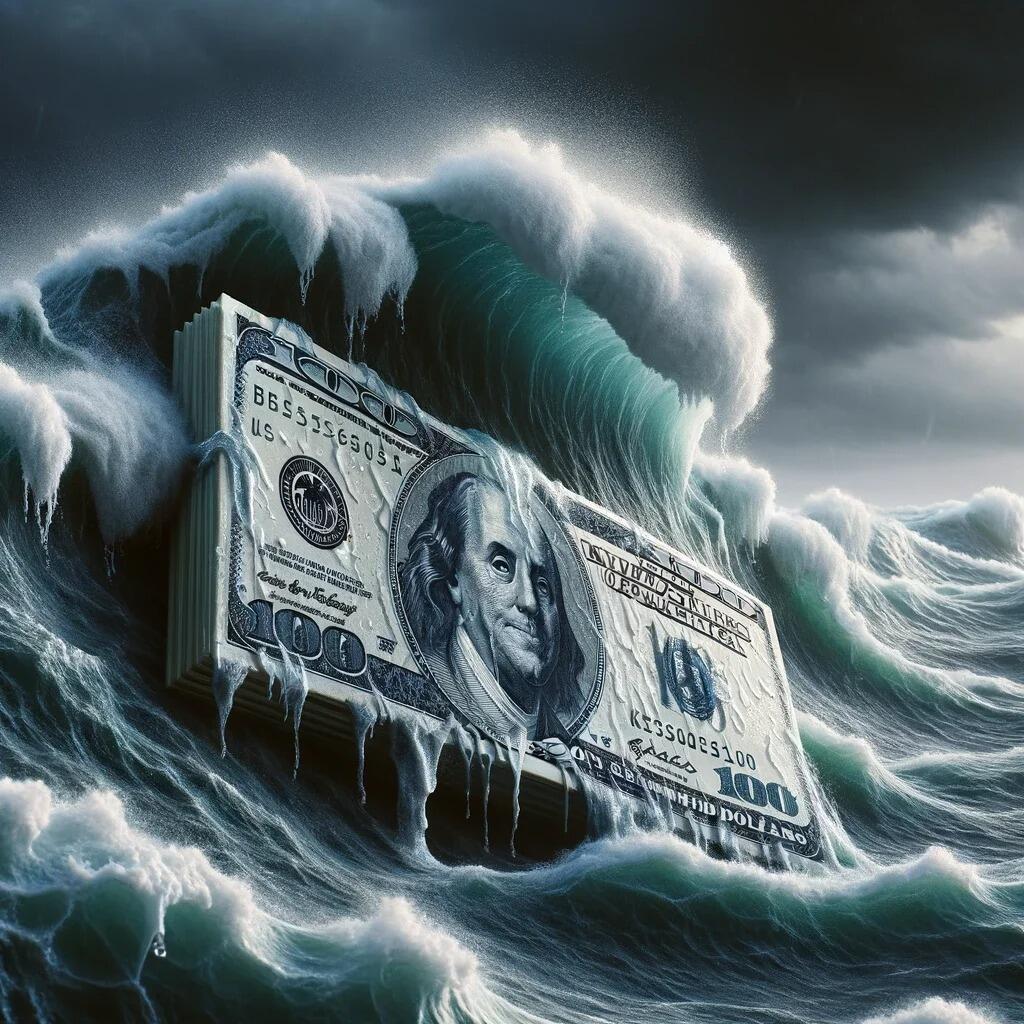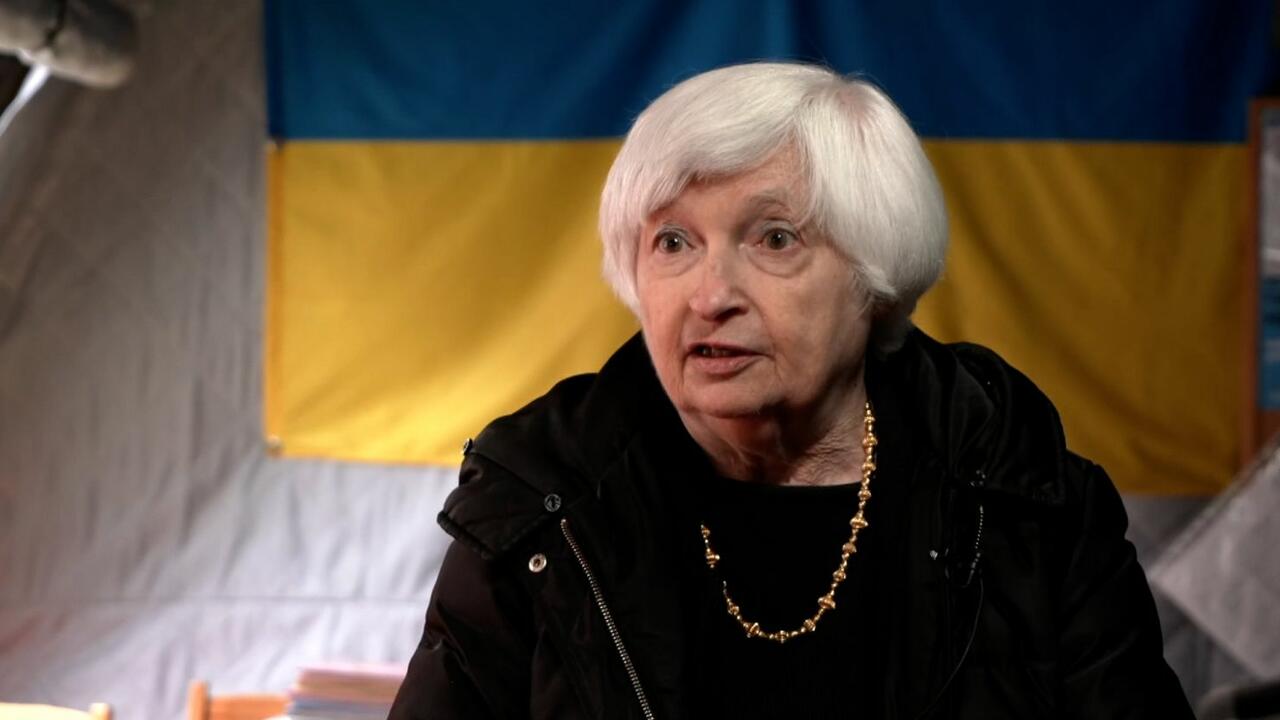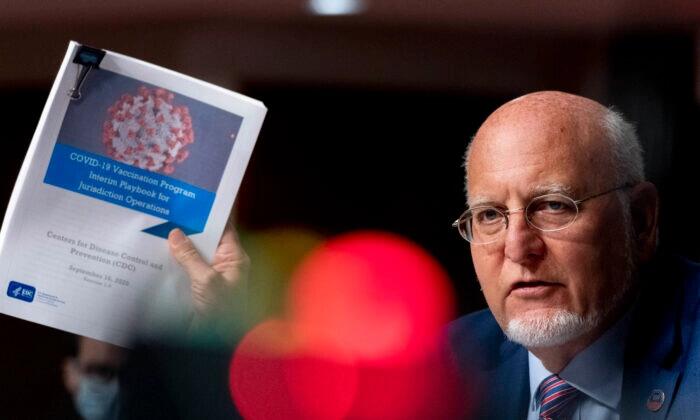One huge caveat as the author completely miss the meaning of the Russo-Chinese alliance and the potential of the BRICS to coalesce developing countries into a non dollar block.
But overall, there can be no doubts at this stage: We are at the very edge of momentous changes. 408, 476, 1453, 1789, 1914, history will decide but it is likely that 2024 or maybe 2025 will be added to the list.
Authored by James Hickman via SchiffSovereign.com,
By the early 400s, the Roman Empire was coming apart at the seams and in desperate need of strong, competent leadership. In theory, Honorius should have been the right man for the job.
Born
into the royal household in Constantinople, Honorius had been groomed
to rule, practically since birth, by the finest experts in the realm. So
even as a young man, Honorius had already accumulated decades of
experience.
Yet Rome’s foreign adversaries rightfully believed Honorius to be weak, out of touch, divisive, and completely inept.
He
had entered into bonehead peace treaties that strengthened Rome’s
enemies. He paid vast sums of money to some of their most powerful
rivals and received practically nothing in return. He made virtually no
attempt to secure Roman borders, leaving the empire open to be ravaged
by barbarians.
Inflation was high. Taxes were high.
Economic production declined. Roman military power declined. And all of
Rome’s foreign adversaries were emboldened.
To a casual observer it would have almost seemed as if Honorius went out of his way to make the Empire weaker.
One
of Rome’s biggest threats came in the year 408, when the barbarian king
Alaric invaded Italy; imperial defenses were so non-existent at that
point that ancient historians described Alaric’s march towards Rome as
unopposed and leisurely, as if they were “at some festival” rather than
an invasion.
Alaric and his army arrived to the city of Rome in
the autumn of 408 AD and immediately positioned their forces to cut off
any supplies. No food could enter the city, and before long, its
residents began to starve.
Historians have passed down horrific stories of cannibalism– including women eating their own children in order to survive.
Rather
than send troops and fight, however, Honorius agreed to pay a massive
ransom to Alaric, including 5,000 pounds of gold, 30,000 pounds of
silver, and literally tons of other real assets and commodities.
(The
equivalent in today’s money, adjusted for population, would be billions
of dollars… similar to what the US released to Iran in a prisoner swap
last year.)
Naturally Honorius didn’t have such a
vast sum in his treasury… so Romans were forced to strip down and melt
their shrines and statues in order to pay Alaric’s ransom.
Ironically, one of the statues they melted was a monument to Virtus,
the Roman god of bravery and strength… leading the ancient historian
Zosimus to conclude that “all which remained of Roman valor and
intrepidity was totally extinguished.”
Rome had spent two
centuries in the early days of the empire– from the rise of Augustus in
27 BC to the death of Marcus Aurelius in 180 AD– as the clear, unrivaled
superpower. Almost no one dared mess with Rome, and few who did ever
lived to tell the tale.
Modern scholars typically view the
official “fall” of the Western Roman Empire in the year 476. But it’s
pretty clear that the collapse of Roman power and prestige took place
decades before.
When Rome was ransomed in 408 (then
sacked in 410), it was obvious to everyone at the time that the Emperor
no longer had a grip on power.
And before long, most of the lands
in the West that Rome had once dominated– Italy, Spain, France, Britain,
North Africa, etc. were under control of various Barbarian tribes and
kingdoms.
The Visigoths, Ostrogoths, Vandals, Franks, Angles,
Saxons, Burgundians, Berbers, etc. all established independent kingdoms.
And for a while, there was no dominant superpower in western Europe. It
was a multi-polar world. And the transition was rather abrupt.
This is what I think is happening now– we’re experiencing a similar transition, and it seems equally abrupt.
The
United States has been the world’s dominant superpower for decades. But
like Rome in the later stage of its empire, the US is clearly in
decline. This should not be a controversial statement.

Let’s not be dramatic; it’s important to stay focused on facts and reality. The
US economy is still vast and potent, and the country is blessed with an
abundance of natural resources– incredibly fertile farmland, some of
the world’s largest freshwater resources, and incalculable reserves of
energy and other key commodities.
In fact, it’s amazing the people in charge have managed to screw it up so badly. And yet they have.
The national debt is out of control, rising by trillions of dollars each year. Debt growth, in fact, substantially outpaces US economic growth.
Social
Security is insolvent, and the program’s own trustees (including the US
Treasury Secretary) admit that its major trust fund will run out of
money in just nine years.
The people in charge never seem
to miss an opportunity to dismantle capitalism (i.e. the economic system
that created so much prosperity to begin with) brick by brick.
Then
there are ubiquitous social crises: public prosecutors who refuse to
enforce the law; the weaponization of the justice system; the southern
border fiasco; declining birth rates; extraordinary social divisions
that are most recently evidenced by the anti-Israel protests.
And
most of all the US constantly shows off its incredibly dysfunctional
government that can’t manage to agree on anything, from the budget to
the debt ceiling. The President has obvious cognitive disabilities and
makes the most bizarre decisions to enrich America’s enemies.
Are
these problems fixable? Yes. Will they be fixed? Maybe. But as we used
to say in the military, “hope is not a course of action”.
Plotting
this current trajectory to its natural conclusion leads me to believe
that the world will enter a new “barbarian kingdom” paradigm in which
there is no dominant superpower.
Certainly, there are a number of rising rivals today. But no one is powerful enough to assume the leading role in the world.
China
has a massive population and a huge economy. But it too has way too
many problems… with the obvious challenge that no one trusts the
Communist Party. So, most likely China will not be the dominant
superpower.
India’s economy will eventually surpass China’s, and
it has an even bigger population. But India isn’t even close to the
ballpark of being the world’s superpower.
Then there’s Europe.
Combined, it still has a massive economic and trade union. But it has
also been in major decline… with multiple social crises like low birth
rates and a migrant invasion.
Then there are the energy powers
like Russia, Iran, Saudi Arabia, and Indonesia; they are far too small
to dominate the world, but they have the power to menace and disrupt it.
The bottom line is that the US is no longer strong enough to lead the world and keep adversarial nations in check. And it’s clear that other countries are already adapting to this reality.
Earlier
this month, for example, China successfully launched a rocket to the
moon as part of a multi-decade mission to establish an International
Lunar Research Station.
By 2045, China hopes to construct a large,
city-like base along with several international partners including
Russia, Pakistan, Thailand, South Africa, Venezuela, Azerbaijan,
Belarus, and Egypt. Turkey and Nicaragua are also interested in joining.
This
is pretty remarkable given how many nations are participating, even if
just nominally. Yet the US isn’t part of the consortium.
This
would have been unthinkable a few decades ago. But today the rest of
the world realizes that they no longer need American funding,
leadership, or expertise.
We can see similar examples
everywhere, most notably in Israel and Ukraine. And I believe one of the
next shoes to drop will be the US dollar.
After all, if the rest
of the world doesn’t need the US for space exploration, and they can
ignore the US when it comes down to World War 3, then why should they
need the US dollar anymore?
The dollar was the clear and
obvious choice as the global reserve currency back when America was the
undisputed superpower. But today it’s a different world.
Foreign
nations continuing to rely on the dollar ultimately means governments
and central banks buying US government bonds. And why should they take
such a risk when the national debt is already 120% of GDP?
In
addition, Congress passed a new law a few weeks ago authorizing the
Treasury Department to confiscate US dollar assets of any country it
deems an “aggressor state.”
While people might think this
is a morally righteous idea, the reality is that it will only turn off
foreign investors. Why should China, Saudi Arabia, or anyone else buy US
government bonds when they can be confiscated in a heartbeat?
All of this ultimately leads to a world in which the US dollar is no longer the dominant reserve currency. We’re already starting to see signs of that shift, and it could be in full swing by the end of the decade.








